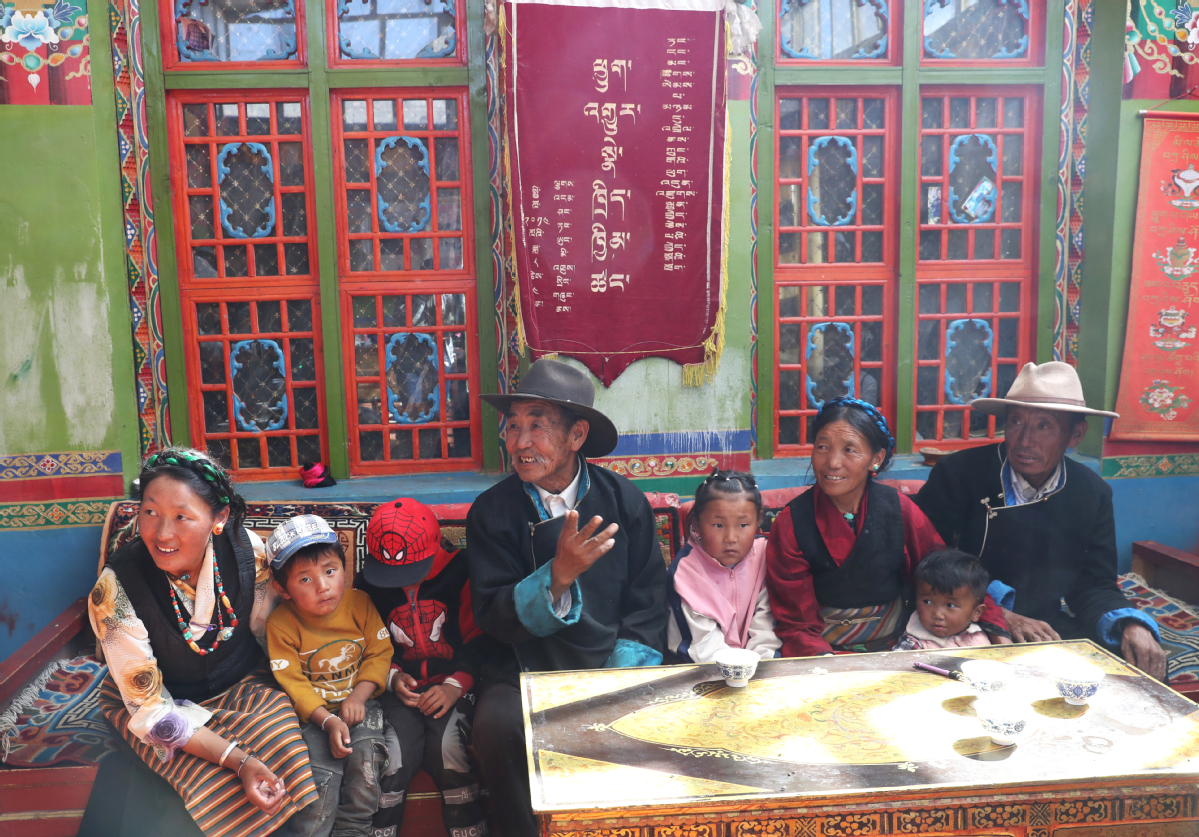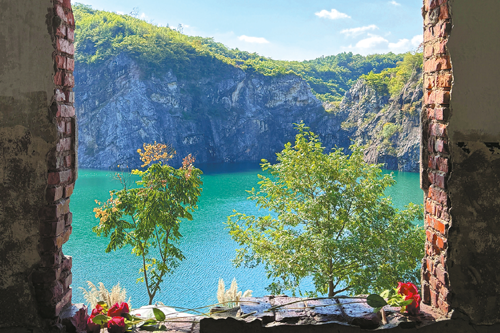Lives improved on wide scale in Tibet


In recent years, to relieve poverty, the local government has relocated families to areas nearer cities and towns that are rich in resources and have a relatively well-developed infrastructure.
Wu Yingjie, the region's Party secretary, told reporters at a briefing last month that work had been completed on 965 relocation sites and 266,000 people had moved into new homes.
Asked whether the residents had been relocated voluntarily, Wu said their wishes had been fully respected during the entire process.
"Once we finished building the houses, we invited the villagers to see the interior designs and to give their advice," he said.
Wu added that many people have failed to qualify for relocation, but still want to move.
In Boma village, a relocation area in the Doilungdeqen district of Lhasa, Tse Padro chose not to take part in a project launched by the local government to transform rooms on the second floor of relocated villagers' houses into homestays for visitors.
The 56-year-old farmer, whose four children have left to work in other areas of Tibet, leaving him and his wife at their new home, said, "We are just farmers and know nothing about running a homestay."
The family moved to Boma in 2016 from a mountainous area, which can be seen from the front of the new two-story home.
Even though villagers who took part in the homestay project qualify to receive several thousand yuan in payments annually, Tse Padro still feels satisfied with his life.
Leasing 0.4 hectares of farmland he owns to an industrial park, Tse Padro and his wife earn more than 10,000 yuan (nearly $1,500) a year. He also does occasional work in Lhasa, such as planting trees and flowers.
"Our living conditions have greatly improved and we now have full access to water and electricity supplies. Life is much more convenient than before," he said.
- Beef noodles add spice to US food market
- Rich nations urged to back green growth of developing countries
- Lychee grower enjoys fruits of global recognition
- Grassroots anchors push sales of Baishui apricots
- Platform to gauge ecological barrier's role as carbon sink
- Science, technology vital to achieving climate goals





































